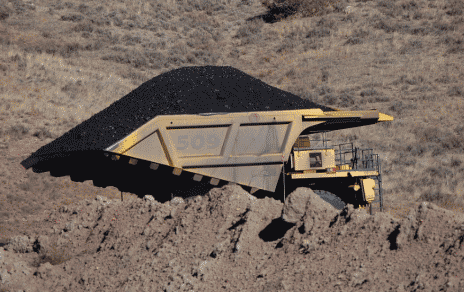Indonesia has bought record volumes of nickel ore from the Philippines since April as smelter demand increases, while delays by Jakarta in issuing mining quotas and heavy rains have hurt local supply, people familiar with the matter said.
Indonesia’s nickel ore imports from the country likely hit around 500,000 metric tons in April and will again in May, more than double March volumes, two local smelters and a trader told Reuters.
Such monthly totals would also top imports from the Philippines for all of last year which came in at 374,454 tons.
Indonesia requires mining companies to periodically apply for mining quotas with so-called RKAB documents outlining their plans.
Issuances this year have been delayed by a change in the validity of permits to three years from one year, as well as by miners’ pending obligations such as unpaid royalties, the government has said.
“The key reason for (the jump in imports) is the increasing demand from smelters but coupled with certain constraints in terms of domestic ore supply due to RKAB approvals,” said Tong Tong, a Shanghai-based senior analyst at commodity research house CRU.
Smelters in Indonesia, mostly operated by Chinese companies, have been rapidly ramping up capacity in recent years, boosting demand for nickel ore.
However, the tight supply of nickel ore has constrained their output and supported prices of nickel products – which are used in stainless steel and electric vehicle batteries – in Indonesia and top consumer China.
Forecasts for a surplus of nickel products this year will likely have to be trimmed, analysts said.
Indonesia’s output of nickel pig iron (NPI) has also been dented. Output fell to 353,700 tons in the first quarter, a 4.9% drop from the fourth quarter, data from Shanghai Metals Market showed.
NPI prices in Indonesia climbed to a six-month high of 990 yuan ($136.65) per nickel unit on Tuesday, up 7% since the beginning of April, according to data from Mysteel.
NPI prices in China, which largely relies on Philippine nickel ore for domestic production and also imports NPI from Indonesia, also climbed to a six-month peak this week.
Although the Indonesian government increased approvals of mining quotas in the second quarter, volumes still lag expectations and the pace of approvals has remained slow, according to analysts and market participants.
Indonesia has approved quotas for more than 200 million tons of nickel ore this year, Tri Winarno, a director at the Energy and Mineral Resources Ministry, told Reuters on Tuesday, adding the amount was “already sufficient”.
“Regarding imports from the Philippines, as long as the prices are the same, this can help lengthen the lifespan of our reserves,” Tri said.
In 2023, Indonesia produced 193.5 million tons of nickel ore.
Adding to supply headwinds, heavy rains this month disrupted truck deliveries of ore from mines to smelters, two Indonesian smelters said.
Jim Lennon, managing director of commodities strategy at Macquarie, expects the current tightness to end by mid-year as more mining quotas are approved.
($1 = 7.2448 Chinese yuan)
(Reporting by Siyi Liu in Beijing, Mai Nguyen in Hanoi and Fransiska Nangoy in Jakarta; Editing by Edwina Gibbs)
